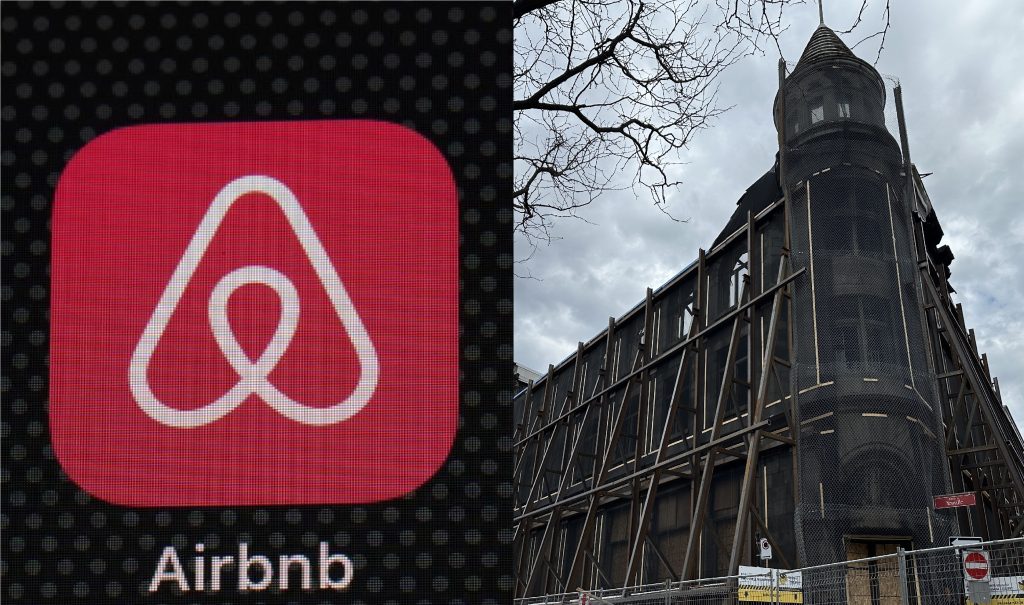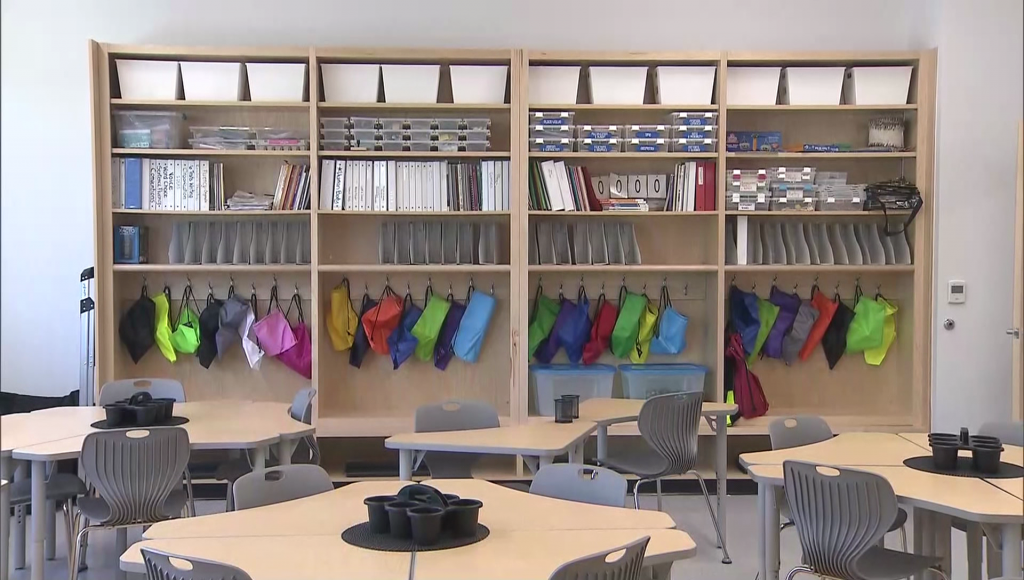Tens of thousands tested as feds announce additional measures to combat coronavirus pandemic

Posted March 20, 2020 11:18 am.
Last Updated March 20, 2020 2:19 pm.
OTTAWA (NEWS 1130) – More than 900 cases of the novel coronavirus have been recorded in Canada since the outbreak began, and the federal government says people continue to be tested on a daily basis.
To date, close to 66,000 people across Canada have been tested for COVID-19, Canada’s top doctor said Friday, a figure representing more than 10,000 persons tested since Thursday.
“Public health colleagues continue to investigate unlinked cases to uncover hidden chains of transmission in the community,” said Canada’s chief public health officer, Dr. Theresa Tam. “One of our biggest concerns is when the virus is introduced into a high-risk setting, such as a long-term care facility. These settings are not only a concern due to the older and medically-vulnerable populations that they serve, but also, because a single case arising in these settings can quickly result in an outbreak and accelerate the rate of spread.”
Multiple deaths in B.C. were at a North Vancouver care home. There have been 12 deaths related to COVID-19 across Canada so far.
Tam stressed the need to protect these settings to slow and lessen the impact of the virus.
She also reiterated the importance of research and innovation in order to fight the pandemic, adding it was only two and a half months ago scientists isolated and sequenced the novel coronavirus.
“It is too soon to know what will happen to COVID-19 in the upcoming months, but mobilizing our domestic production capacity and integrating ingenuity as part of our pandemic response will serve us well now and into the future,” she said. “We don’t need to flatten the curve, as I said, we need to plank it and Canadians are listening.”
She said those who are practicing self-isolation and social distancing are giving researchers and health officials a chance of curbing the spread of COVID-19.
Supply production
The federal government has announced it will be working with select companies to convert and produce more things like masks and hand sanitizer.
“This week, many businesses put their hand up and asked us what they can do,” Prime Minister Justin Trudeau said earlier in the day. “So today, we’re announcing a new strategy that will make it easier for companies to help out during this critical time. We are launching Canada’s plan to mobilize industry to fight COVID-19 to ensure that we can quickly produce, here in Canada, the things we need.”
People across the country have been flocking to stores in recent weeks to stock up on such items.
“Since the onset of this crisis, my team has connected with thousands and thousands of business across all sectors in Canada — companies are already stepping up,” Minister of Innovation Navdeep Bains said, adding some companies have already shifted to making things like hand santizers when this isn’t a product they normally manufacture.
“Many of whom are telling me they want to help. As we’ve always know, we have a world-class industrial base in Canada, and today, I’m asking them to come forward and let us know where they can help.”
He said the goal is to increase supply domestically in order to have local solutions if and when needed.
The mobilization of industry to fight the novel coronavirus, he added, will “swiftly create pathways to deploy resources to Canadian businesses who want to help in this crisis.”
The coordinated effort will see Canadian production of such vital goods increase, he explained.
Border closure
Meanwhile, anyone hoping to cross the Canada-U.S. border for recreation or tourism won’t be able to do so as of midnight eastern time Saturday. Truck drivers, Canadians and Americans who cross the border for essential work or other “urgent” reasons, as well as some others will be exempt from the closure.
The Canada-U.S. border is the longest international border in the world between two countries. It’s estimated nearly 200,000 people usually cross it ever day.
As part of the government’s COVID-19 response, irregular migrants will also be returned — by both Canadian and U.S. authorities — until travel restrictions are lifted.
Canada Public Safety Minister Bill Blair said this decision was not made lightly.
“We know that this has been challenging for Canadians, but we believe that it is part of a larger group of measures as advised and directed by our public health officials that are important to keep Canadians safe,” Blair said Friday. “In response to the ongoing COVID-19 pandemic, we took the steps necessary to restrict international air travel for non-Canadians, we have entered into an agreement with our most important ally — the United States — a reciprocal agreement to temporarily restrict all non-essential travel across the Canada-U.S. border.”
He said there’s been a noticeable drop in the number of recreational travellers across the Canada-U.S. border since travel restrictions and plans were announced.
-With files from Cormac Mac Sweeney



